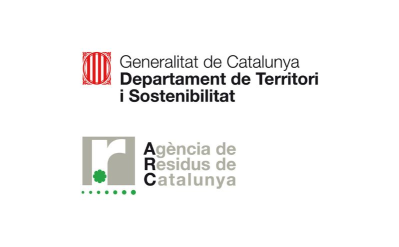News

Sofia Municipality | OECD acknowleges progress with waste infrastructure, separate collection and overall vision for a circular economy
Sofia is one of ten European municipalities for which the Organization for Economic Co-operation and Development (OECD) has developed a report on progress and challenges in the field of the circular economy. The report "Circular Economy in Sofia, Bulgaria" is based on the results of discussions organized by the Sofia Municipality with dozens of experts in areas such as innovation and digitalization, waste management, public works and urban planning, tourism and hospitality, climate and energy.
Based on these, the OECD team notes the positive steps and initiatives that Sofia Municipality has taken:
- Improved waste infrastructure: Sofia has improved its waste infrastructure, including the construction of three main facilities for bio-waste treatment, biogas production from wastewater and mixed waste treatment.
- Expanded food waste collection: The city has expanded the scope of food waste collection and conducted information campaigns to promote its reduction.
- Vision for a circular economy: Sofia has developed a "Vision for Sofia 2050", which outlines the guidelines for the development of a circular economy in the city.
The document was presented at the OECD event "Urban Days" in Paris in April. You can read it online here.
The efforts of Sofia Mayor Vasil Terziev and his team in the field of sustainable development were also recognized by the European Commission with the inclusion of the capital in the "Net Zero Cities" initiative. By signing the Climate Neutrality Treaty, Sofia committed to reducing greenhouse gas emissions by 80% by 2030 through investments and an integrated approach with a number of sectors and cooperation with stakeholders.












